It seems unimaginable today but no one wanted the 1984 Summer Olympics. At the height of the Cold War, the U.S. had boycotted the 1980 Olympics, and the 1972 games were marred by the hostage situation which left 11 Israeli athletes dead. Sandwiched in-between were the 1976 Montreal Games which overran its budget by $1.5 billion dollars.
When it came time in 1978 to find a host for the 1984 Games, the only city to make a formal bid was Los Angeles. But the city’s mayor at the time, Tom Bradley, agreed to host the game on one condition: to offset the costs to taxpayers, the entire event, he insisted, was to be financed by commercial sponsors.
Thus was born the modern “brand.”
Auctioning off the exclusive rights to underwite the Olympic Games was a game-changer for marketers, providing companies like McDonalds, Nike, Coca-Cola, Buick and others an opportunity to put some distance between their brands and the field. It was, to be sure, largely attributable to the high-profile platform and the captive audience, but the markets also owe their success at the games to their ability to marry the narratives of brand excellence with athletic excellence, in a union that endures–even flourishes– to this day.
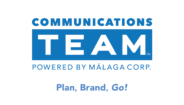
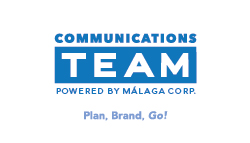


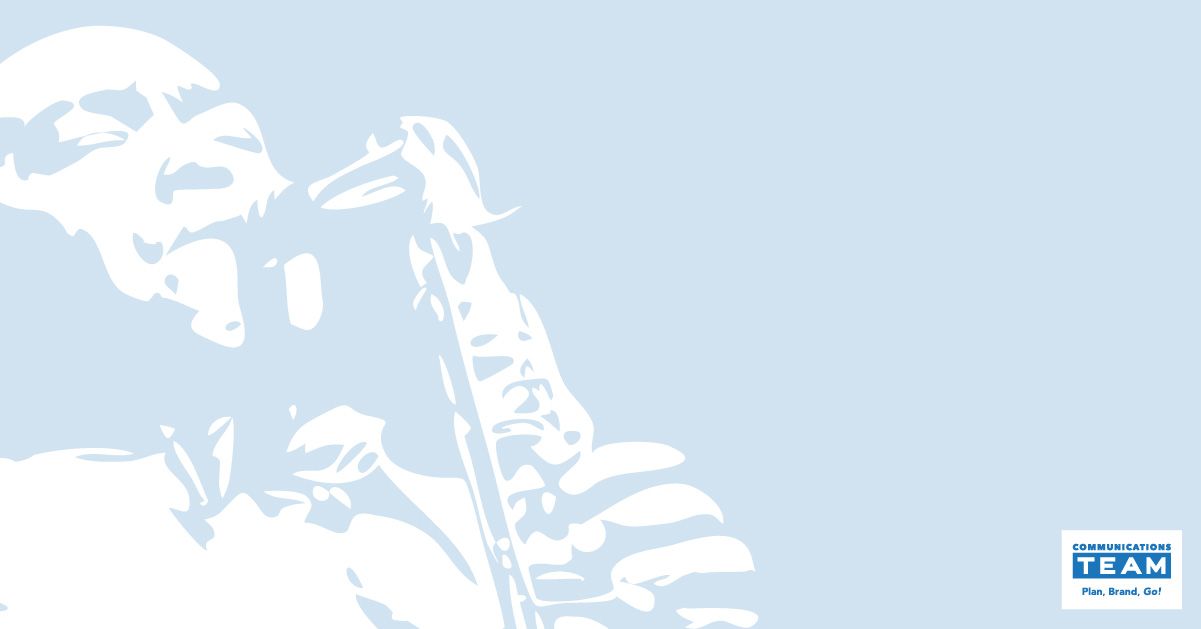
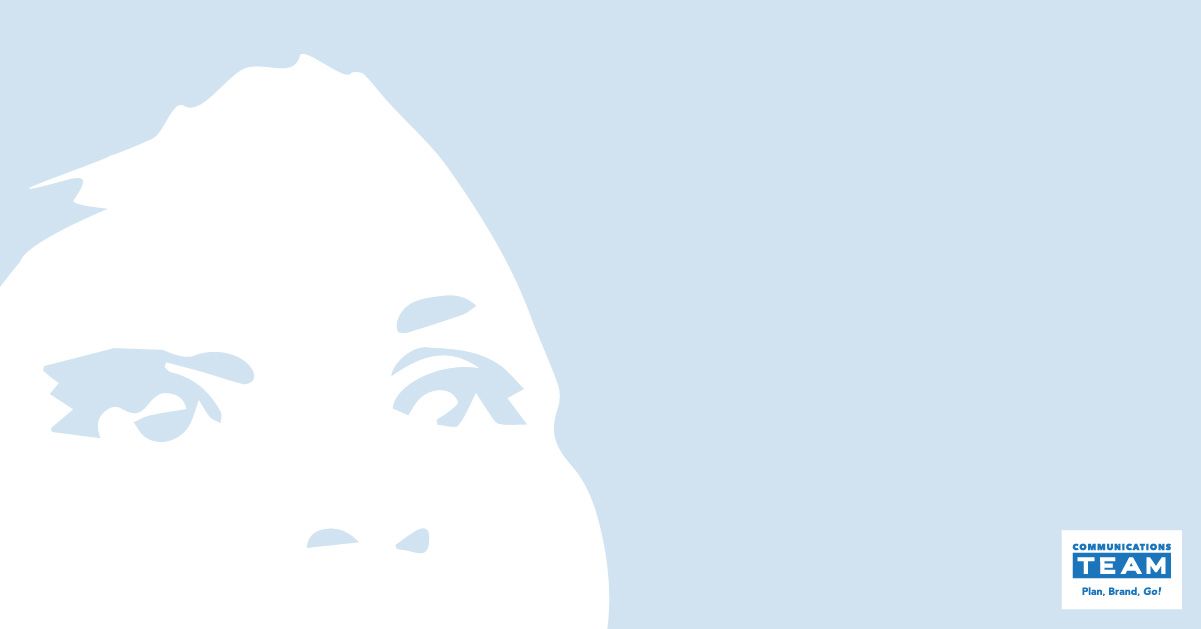
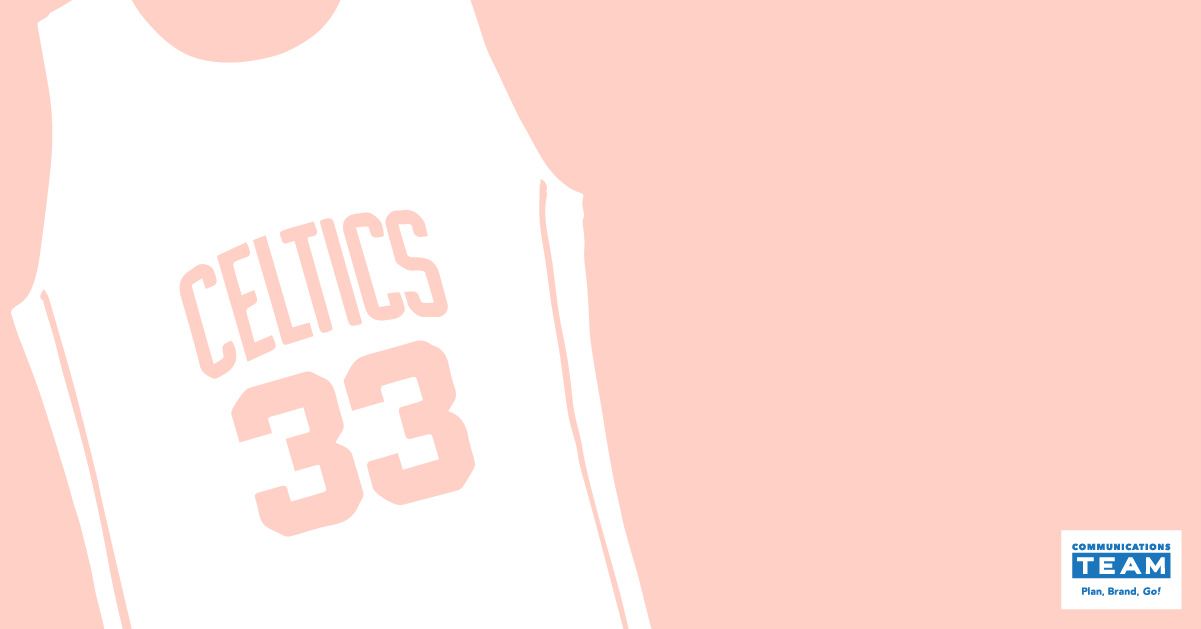
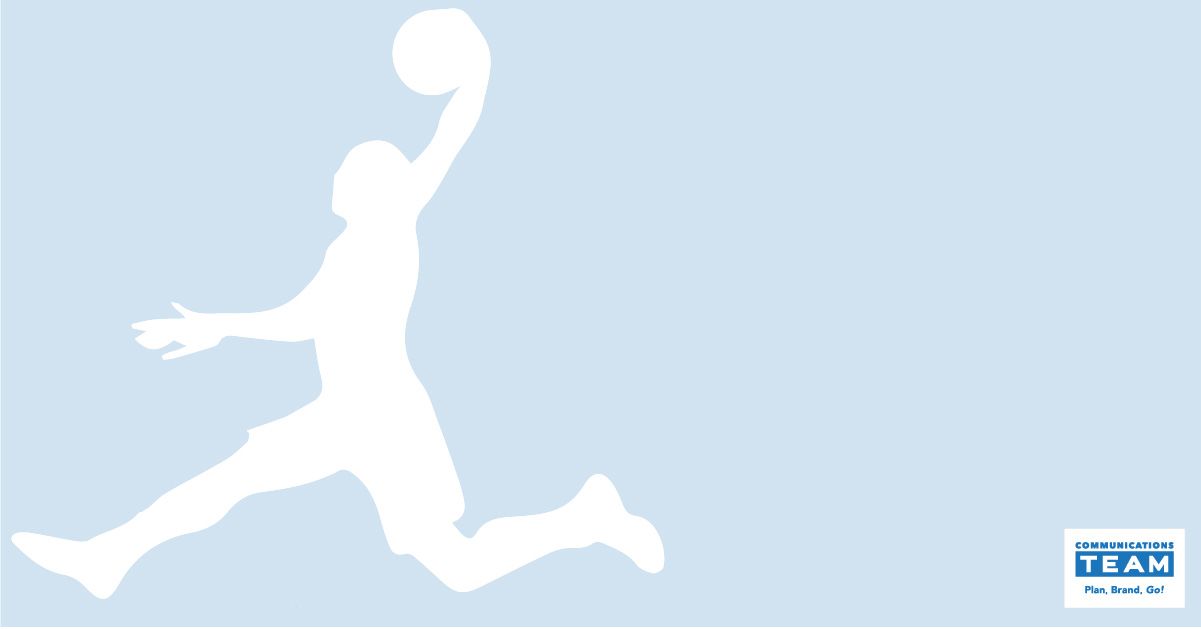

Leave A Comment